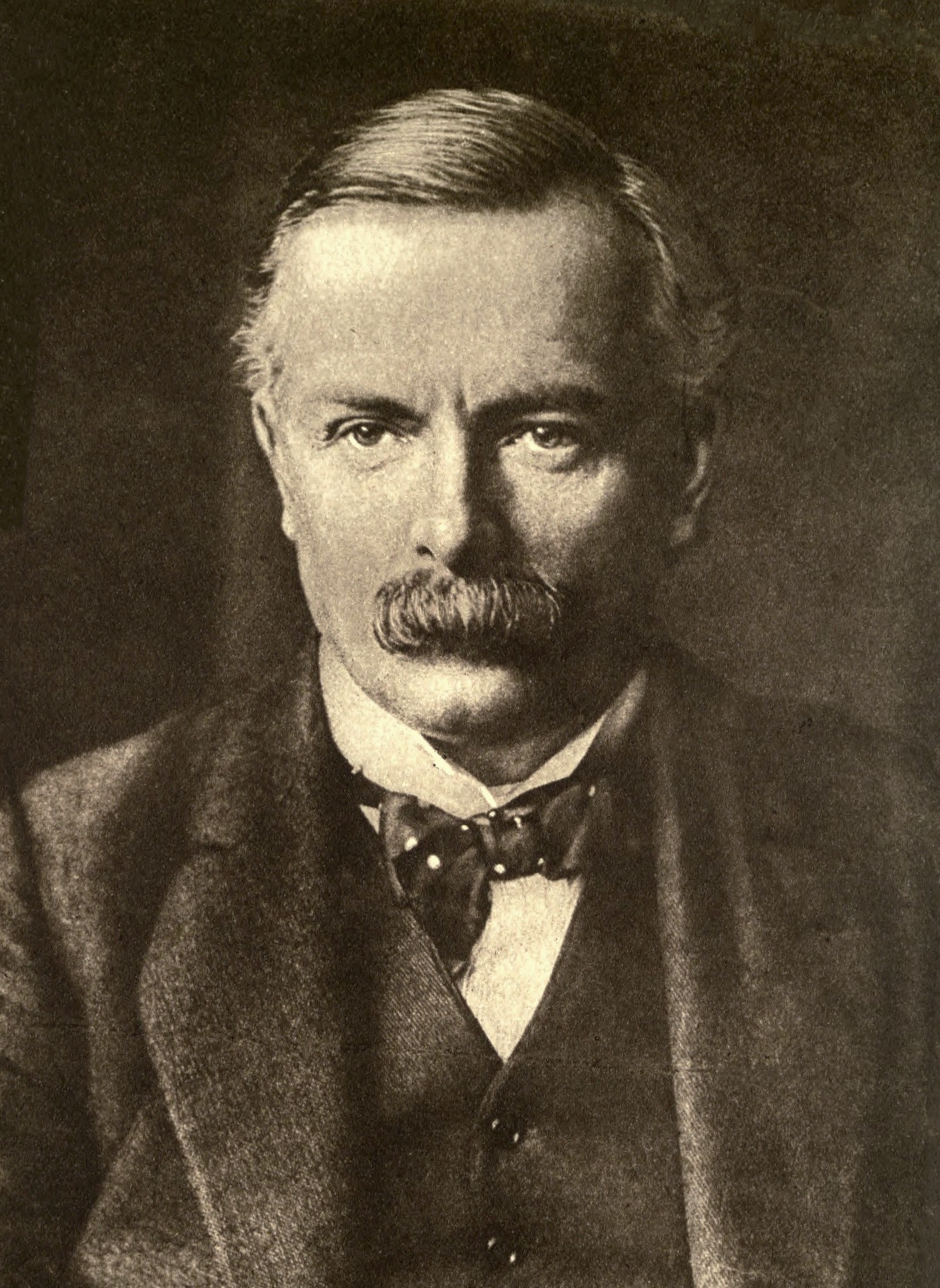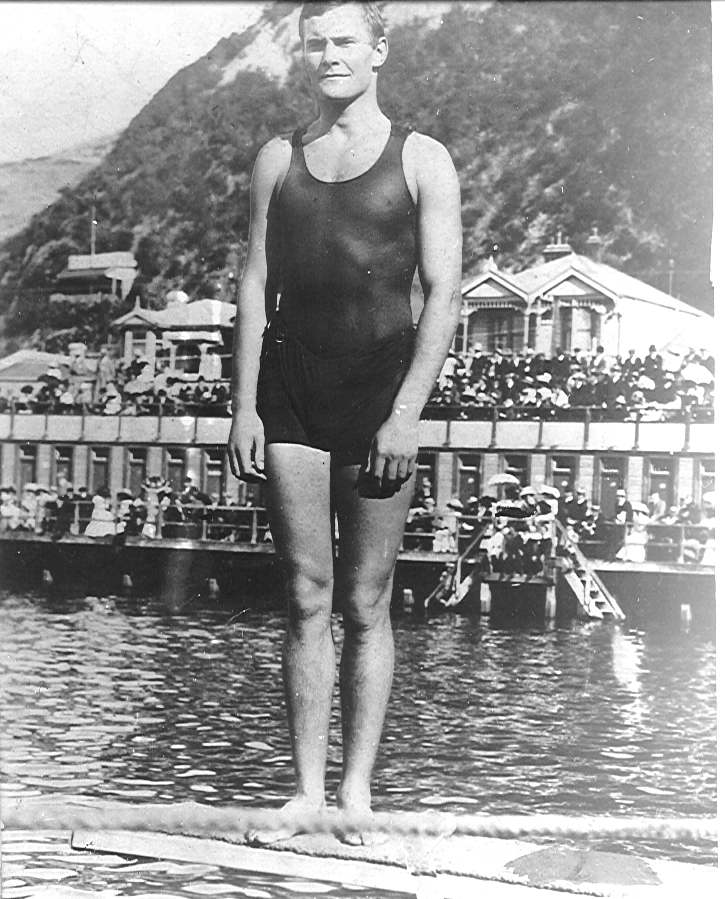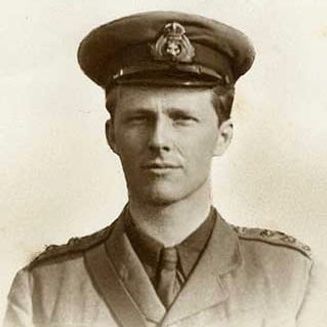|
Arthur Asquith
Brigadier General Arthur Melland Asquith, (24 April 1883 – 25 August 1939) was a senior officer of the Royal Naval Division, a Royal Navy land detachment attached to the British Army during the First World War. His father, H. H. Asquith, was the British Prime Minister during the first three years of the conflict and later became the Earl of Oxford and Asquith. Arthur Asquith was wounded four times in the war and three times awarded the Distinguished Service Order for his bravery under fire. In December 1917, Asquith was seriously wounded during fighting near Beaucamp and was evacuated to Britain where one of his legs was amputated. Asquith retired from the military following his wound and worked for the Ministry of Munitions. Early life Arthur Asquith was born in 1883, the third son of politician H. H. Asquith and his wife Helen Melland, who died when Arthur was seven in 1891. Asquith was educated at Winchester College with his brothers and later attended New College, Oxfor ... [...More Info...] [...Related Items...] OR: [Wikipedia] [Google] [Baidu] |
The Honourable
''The Honourable'' (Commonwealth English) or ''The Honorable'' (American English; American and British English spelling differences#-our, -or, see spelling differences) (abbreviation: ''Hon.'', ''Hon'ble'', or variations) is an honorific Style (manner of address), style that is used as a prefix before the names or titles of certain people, usually with official governmental or diplomatic positions. Use by governments International diplomacy In international diplomatic relations, representatives of foreign states are often styled as ''The Honourable''. Deputy chiefs of mission, , consuls-general, consuls and honorary consuls are always given the style. All heads of consular posts, whether they are honorary or career postholders, are accorded the style according to the State Department of the United States. However, the style ''Excellency'' instead of ''The Honourable'' is used for ambassadors and high commissioners only. Africa Democratic Republic of the Congo In the Democrati ... [...More Info...] [...Related Items...] OR: [Wikipedia] [Google] [Baidu] |
Ministry Of Munitions
The Minister of Munitions was a British government position created during the First World War to oversee and co-ordinate the production and distribution of munitions for the war effort. The position was created in response to the Shell Crisis of 1915 when there was much newspaper criticism of the shortage of artillery shells and fear of sabotage. The Ministry was created by the Munitions of War Act 1915 passed on 2 July 1915 to safeguard the supply of artillery munitions. Under the very vigorous leadership of Liberal party politician David Lloyd George, the Ministry in its first year set up a system that dealt with labour disputes and fully mobilized Britain's capacity for a massive increase in the production of munitions. The government policy, according to historian J. A. R. Marriott, was that: : No private interest was to be permitted to obstruct the service, or imperil the safety, of the State. Trade Union regulations must be suspended; employers' profits must be limite ... [...More Info...] [...Related Items...] OR: [Wikipedia] [Google] [Baidu] |
Bernard Freyberg
Lieutenant-general (United Kingdom), Lieutenant-General Bernard Cyril Freyberg, 1st Baron Freyberg, (21 March 1889 – 4 July 1963) was a United Kingdom, British-born New Zealand soldier and Victoria Cross recipient, who served as the List of governors-general of New Zealand, 7th governor-general of New Zealand from 1946 to 1952 - the first to have been raised and educated in New Zealand. Freyberg served as an officer in the British Army during the First World War. He took part in the beach landings during the Gallipoli campaign and was the youngest general in the British Army during the First World War, later serving on the Western Front (World War I), Western Front, where he was decorated with the Victoria Cross and three Distinguished Service Orders, making him one of the most highly decorated British Empire soldiers of the First World War. He liked to be in the thick of the action: Winston Churchill called him "the Salamander" due to his ability to pass through fire unharme ... [...More Info...] [...Related Items...] OR: [Wikipedia] [Google] [Baidu] |
Rupert Brooke
Rupert Chawner Brooke (3 August 1887 – 23 April 1915The date of Brooke's death and burial under the Julian calendar that applied in Greece at the time was 10 April. The Julian calendar was 13 days behind the Gregorian calendar.) was an English poet known for his idealistic war sonnets written during the First World War, especially " The Soldier". He was also known for his boyish good looks, which were said to have prompted the Irish poet W. B. Yeats to describe him as "the handsomest young man in England". He died of septicaemia following a mosquito bite whilst aboard a French hospital ship moored off the island of Skyros in the Aegean Sea. Early life Brooke was born at 5 Hillmorton Road, Rugby, Warwickshire, and named after a great-grandfather on his mother's side, Rupert Chawner (1750–1836), a distinguished doctor descended from the regicide Thomas Chaloner (the middle name has however sometimes been erroneously given as "Chaucer"). He was the third of four children ... [...More Info...] [...Related Items...] OR: [Wikipedia] [Google] [Baidu] |
Mediterranean
The Mediterranean Sea ( ) is a sea connected to the Atlantic Ocean, surrounded by the Mediterranean basin and almost completely enclosed by land: on the east by the Levant in West Asia, on the north by Anatolia in West Asia and Southern Europe, on the south by North Africa, and on the west almost by the Morocco–Spain border. The Mediterranean Sea covers an area of about , representing 0.7% of the global ocean surface, but its connection to the Atlantic via the Strait of Gibraltar—the narrow strait that connects the Atlantic Ocean to the Mediterranean Sea and separates the Iberian Peninsula in Europe from Morocco in Africa—is only wide. Geological evidence indicates that around 5.9 million years ago, the Mediterranean was cut off from the Atlantic and was partly or completely desiccated over a period of some 600,000 years during the Messinian salinity crisis before being refilled by the Zanclean flood about 5.3 million years ago. The sea was an important rout ... [...More Info...] [...Related Items...] OR: [Wikipedia] [Google] [Baidu] |
Royal Artillery
The Royal Regiment of Artillery, commonly referred to as the Royal Artillery (RA) and colloquially known as "The Gunners", is one of two regiments that make up the artillery arm of the British Army. The Royal Regiment of Artillery comprises thirteen Regular Army regiments, King's Troop, Royal Horse Artillery, the King's Troop Royal Horse Artillery and five Army Reserve (United Kingdom), Army Reserve regiments. History Formation to 1799 Artillery was used by English troops as early as the Battle of Crécy in 1346, while Henry VIII established it as a semi-permanent function in the 16th century. Until the British Civil Wars, the majority of military units in Britain were raised for specific campaigns and disbanded when they were over. An exception were gunners based at the Tower of London, Portsmouth and other forts around Britain, who were controlled by the Ordnance Office and stored and maintained equipment and provided personnel for field artillery 'traynes' that were org ... [...More Info...] [...Related Items...] OR: [Wikipedia] [Google] [Baidu] |
Herbert Asquith (poet)
Herbert Dixon Asquith (11 March 1881 – 5 August 1947) was an English poet, novelist, and lawyer. Nicknamed "Beb" by his family, he was the second son of H. H. Asquith, British Prime Minister and the younger brother of Raymond Asquith. Asquith was greatly affected by his service with the Royal Artillery in World War I. His poems included "The Volunteer" and "The Fallen Subaltern", the latter being a tribute to fallen soldiers. His poem "Soldiers at Peace" was set to music by Ina Boyle. His novels include the best-selling ''Young Orland'' (set during and after the First World War), ''Wind's End'', ''Mary Dallon'', and ''Roon''. In 1910, he married Lady Cynthia Charteris, who was also a writer. She was the eldest daughter of Hugo Charteris, 11th Earl of Wemyss Hugo Richard Charteris, 11th Earl of Wemyss and 7th Earl of March DL (25 August 1857 – 12 July 1937), styled Lord Elcho from 1883 to 1914, was a British Conservative politician. Early life He was the fifth but ... [...More Info...] [...Related Items...] OR: [Wikipedia] [Google] [Baidu] |
London Regiment (1908–1938)
The London Regiment was an infantry regiment in the British Army, part of the Territorial Force (renamed the Territorial Army in 1921). The regiment saw service in the First World War and was disbanded in 1938, shortly before the Second World War, when most of its battalions were converted to other roles or transferred elsewhere, and reformed in 1993. The London Guards date their formation to that of this regiment in 1908. History 1908 The regiment was first formed in 1908 to regiment the 26 Volunteer Force battalions in the newly formed County of London, each battalion having a distinctive uniform. The London battalions formed the London District, which consisted principally of the 1st and 2nd London Divisions. First World War Now part of the Territorial Force, the London Regiment expanded to 88 battalions in the First World War. Of these, 49 battalions saw action in the trenches of the Western Front in France and Flanders, six saw action in the Gallipoli campaign, ... [...More Info...] [...Related Items...] OR: [Wikipedia] [Google] [Baidu] |
Raymond Asquith
Raymond Herbert Asquith (6 November 1878 – 15 September 1916) was an English barrister and eldest son of British prime minister H. H. Asquith. A distinguished Oxford scholar, he was a member of the fashionable group of intellectuals known as the Coterie, which included, Lady Diana Manners (with whom he had a long flirtatious relationship), Patrick Shaw-Stewart, Charles Lister, Hugo "Ego" Charteris, Julian Grenfell and Edward Horner. The Coterie were notable for their unconventional lifestyles and lavish hospitality. Like several of them, Asquith was killed in action in the First World War during his father's term in office. Career and honours Asquith was the eldest son of British prime minister H. H. Asquith (1852-1928) by his first wife, Helen Kelsall Melland (1854-1891). He was educated at Winchester, from where he won a scholarship to Balliol in 1896, taking with him a reputation for brilliance. He won the Ireland, Derby, and Craven scholarships, and graduated with ... [...More Info...] [...Related Items...] OR: [Wikipedia] [Google] [Baidu] |
Royal Naval Volunteer Reserve
Royal may refer to: People * Royal (name), a list of people with either the surname or given name * A member of a royal family or royalty Places United States * Royal, Arkansas, an unincorporated community * Royal, Illinois, a village * Royal, Iowa, a city * Royal, Missouri, an unincorporated community * Royal, Nebraska, a village * Royal, Franklin County, North Carolina, an unincorporated area * Royal, Utah, a ghost town * Royal, West Virginia, an unincorporated community * Royal Gorge, on the Arkansas River in Colorado * Royal Township (other) Elsewhere * Mount Royal, a hill in Montreal, Canada * Royal Canal, Dublin, Ireland * Royal National Park, New South Wales, Australia Arts, entertainment, and media * ''Royal'' (Jesse Royal album), 2021 * Royal (Ayo album), 2020 * ''The Royal'', a British medical drama television series * '' The Royal Magazine'', a monthly British literary magazine published between 1898 and 1939 * '' The Raja Saab'', working title ' ... [...More Info...] [...Related Items...] OR: [Wikipedia] [Google] [Baidu] |
University Of Birmingham
The University of Birmingham (informally Birmingham University) is a Public university, public research university in Birmingham, England. It received its royal charter in 1900 as a successor to Queen's College, Birmingham (founded in 1825 as the William Sands Cox, Birmingham School of Medicine and Surgery), and Mason Science College (established in 1875 by Sir Josiah Mason), making it the first English red brick university, civic or 'red brick' university to receive its own royal charter, and the first English Collegiate university, unitary university. It is a founding member of both the Russell Group of British research universities and the international network of research universities, Universitas 21. The student population includes undergraduate and postgraduate students (), which is the List of universities in the United Kingdom by enrollment, largest in the UK (out of ). The annual income of the university for 2023–24 was £926 million of which £205.2 mil ... [...More Info...] [...Related Items...] OR: [Wikipedia] [Google] [Baidu] |





